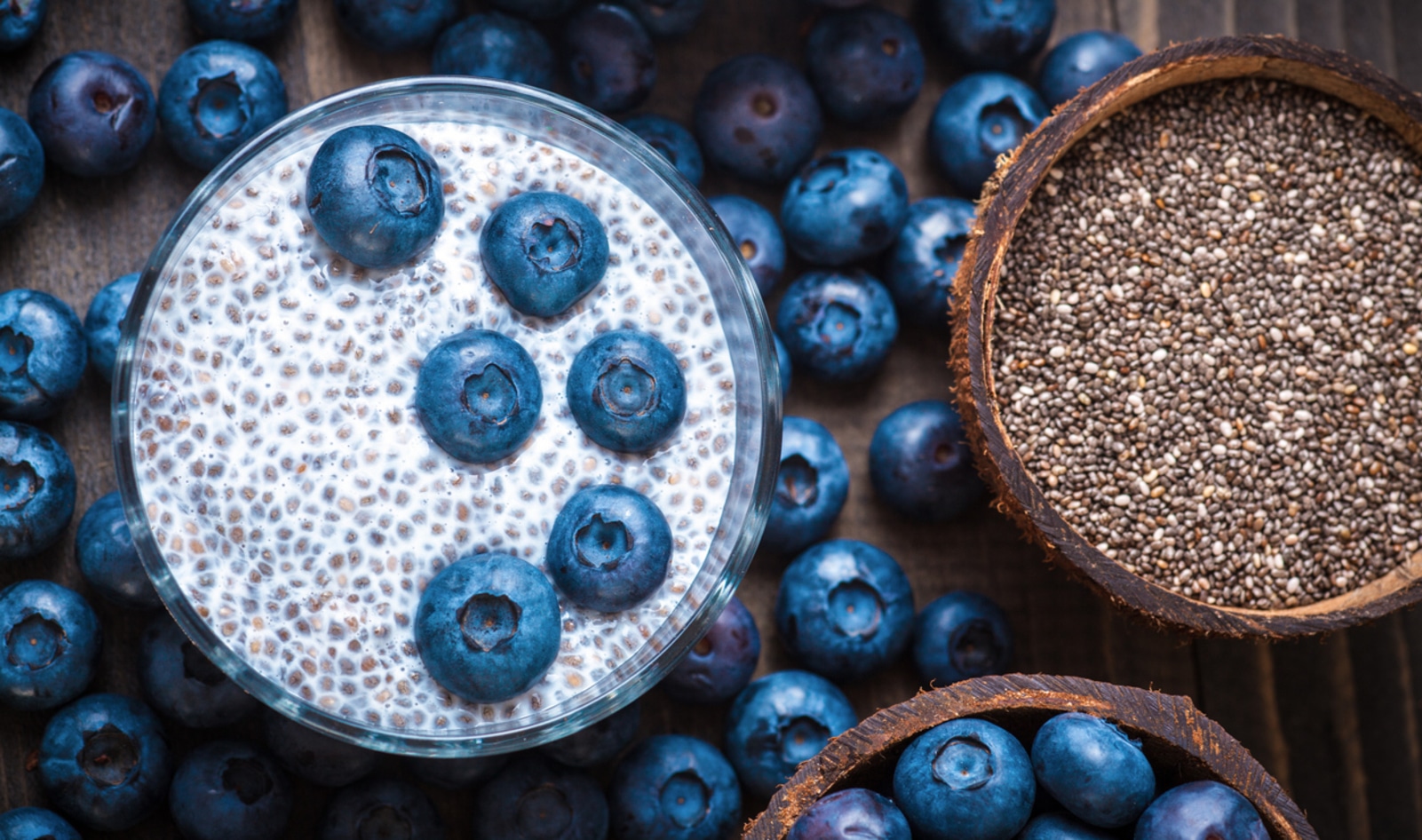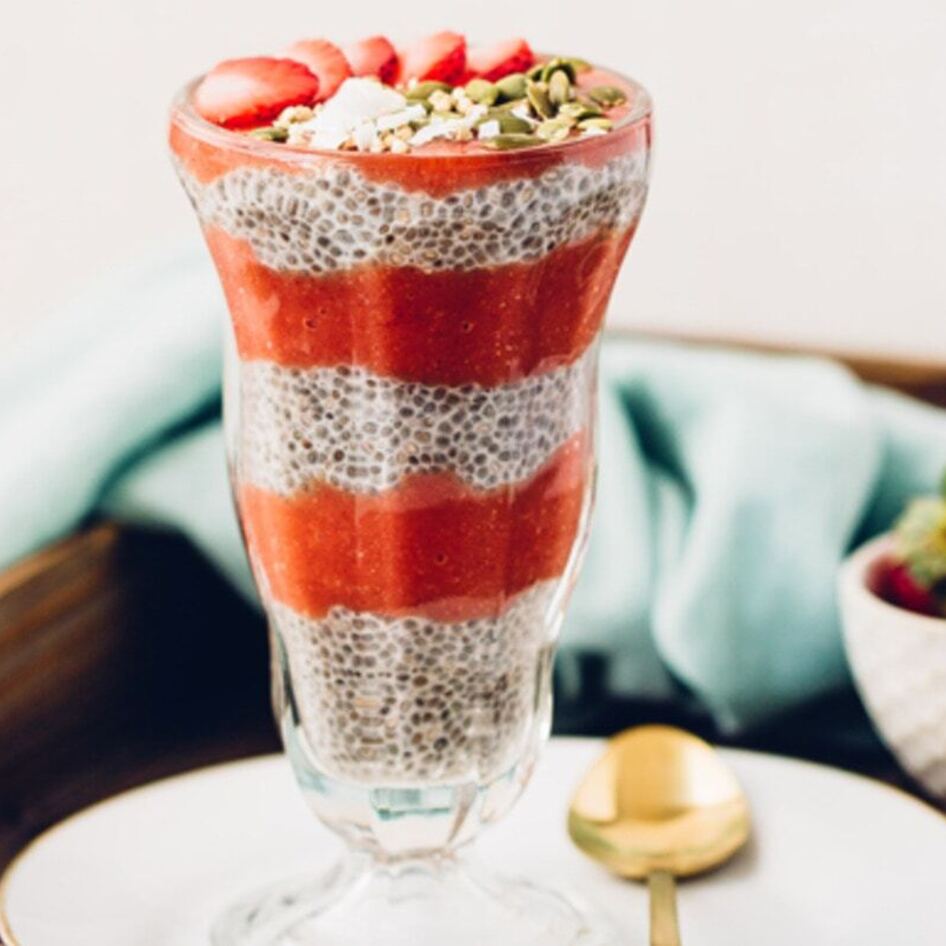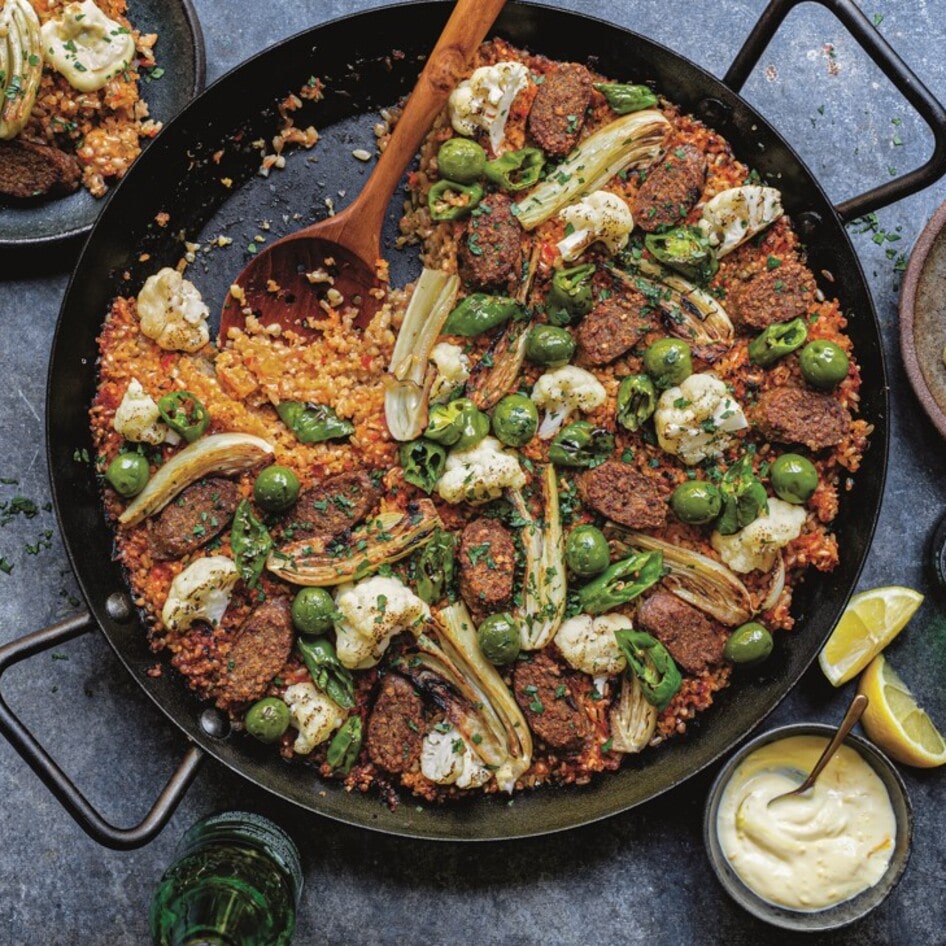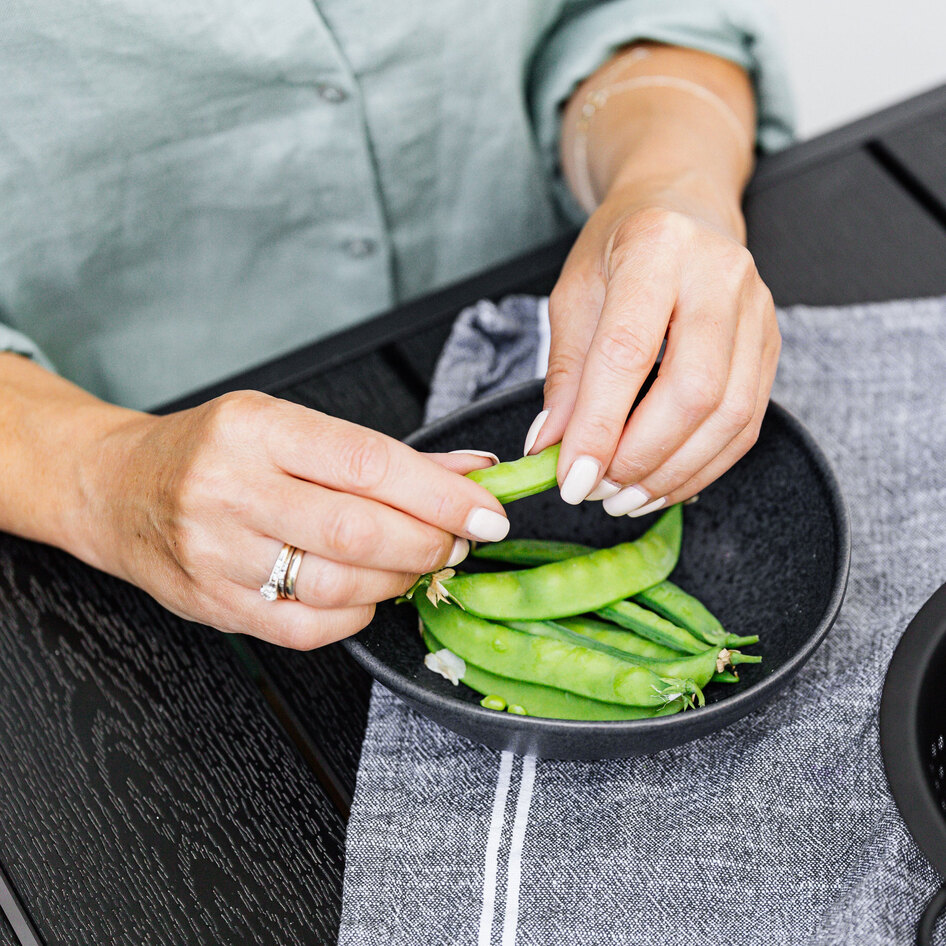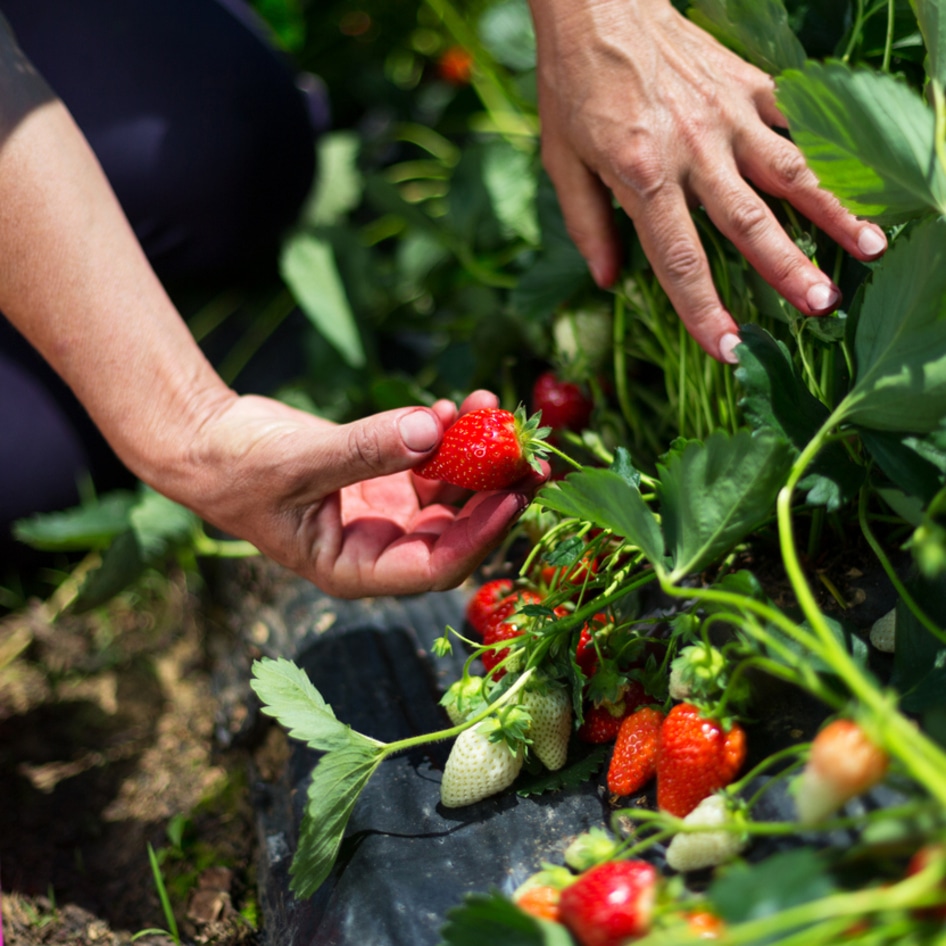The new research, published in the journal Frontiers in Plant Science, takes a closer look at the genes of the chia plant, known for its tiny but nutrient-packed seeds. Chia seeds are a favorite health food ingredient often found in smoothies and oatmeal, as well as energy bars.
The tiny chia seeds are loaded with fiber, protein, and healthy fats, making them a nutritional powerhouse. But this new study isn’t just about nutrition; it’s also about how chia could play a role in medicine, potentially helping with issues like cancer and high blood pressure.
Professor Pankaj Jaiswal, part of the research team at Oregon State, is excited about what this means for future studies.
“This research opens up possibilities for scientists to study chia seed through the lens of improving human health while at the same time continuing to further our knowledge of all the nutritional benefits of chia,” Jaiswal said.
The research team identified specific genes in chia that contribute to its health benefits. They found genes responsible for the production of polyunsaturated fatty acids, which are good for heart health and might even help fight certain types of cancer. They also discovered genes that help chia seeds form a gel, a trait useful in food, cosmetics, and pharmaceuticals.
Parul Gupta, a researcher in the study, explained the significance of finding over 2,700 genes in the chia seed that are likely to create small, health-boosting particles when the seed is digested. These particles could be key in tackling health issues like diabetes and high blood pressure.
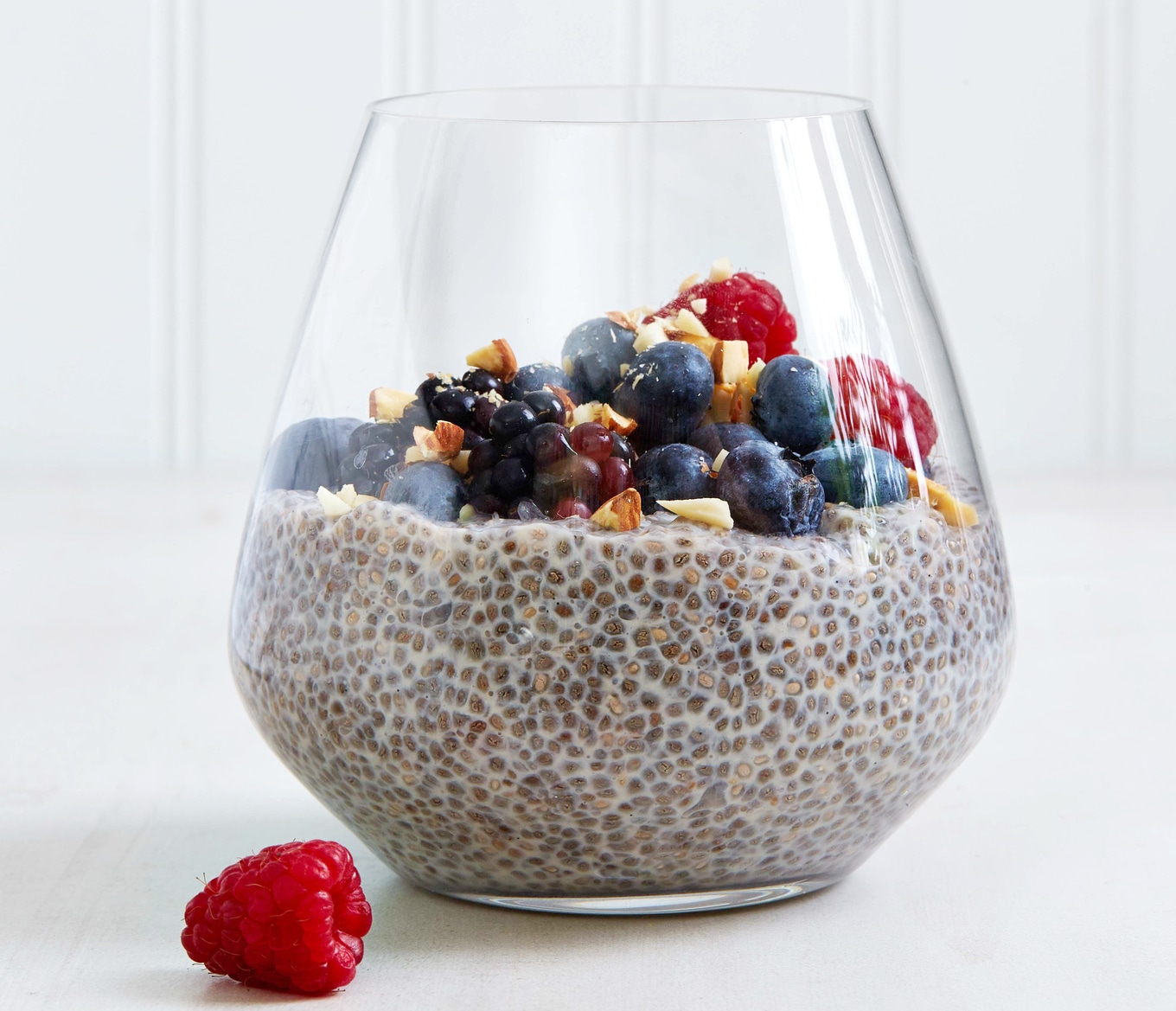
Getty
The study also sheds light on chia as a lesser-known crop, often overshadowed by more common grains like rice and wheat. Associate Professor Sushma Naithani emphasized the importance of paying attention to such crops, as they can help diversify our diets and improve overall nutrition.
The researchers also explored the possibility of growing chia in Oregon, a region whose climate is similar to South America where chia is usually grown. This idea comes at a time when there’s a growing global demand for nutritious “orphan crops” like chia, which can grow in less-than-ideal farming conditions and could be crucial in fighting climate change.
“Now we are at the point where long-term food and nutrition security requires diversifying the human diet,” said Sushma Naithani, an associate professor, senior research in the Department of Botany and Plant Pathology, adding that can be achieved by breeding and making genetic improvements to “nutrient-rich, so-called minor crops like chia.”
For the latest vegan news, read:
JUMP TO ... Latest News | Recipes | Guides | Health | Shop

